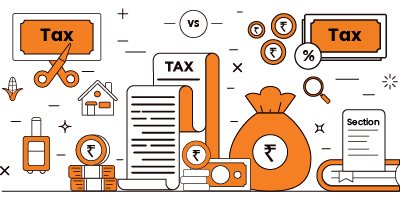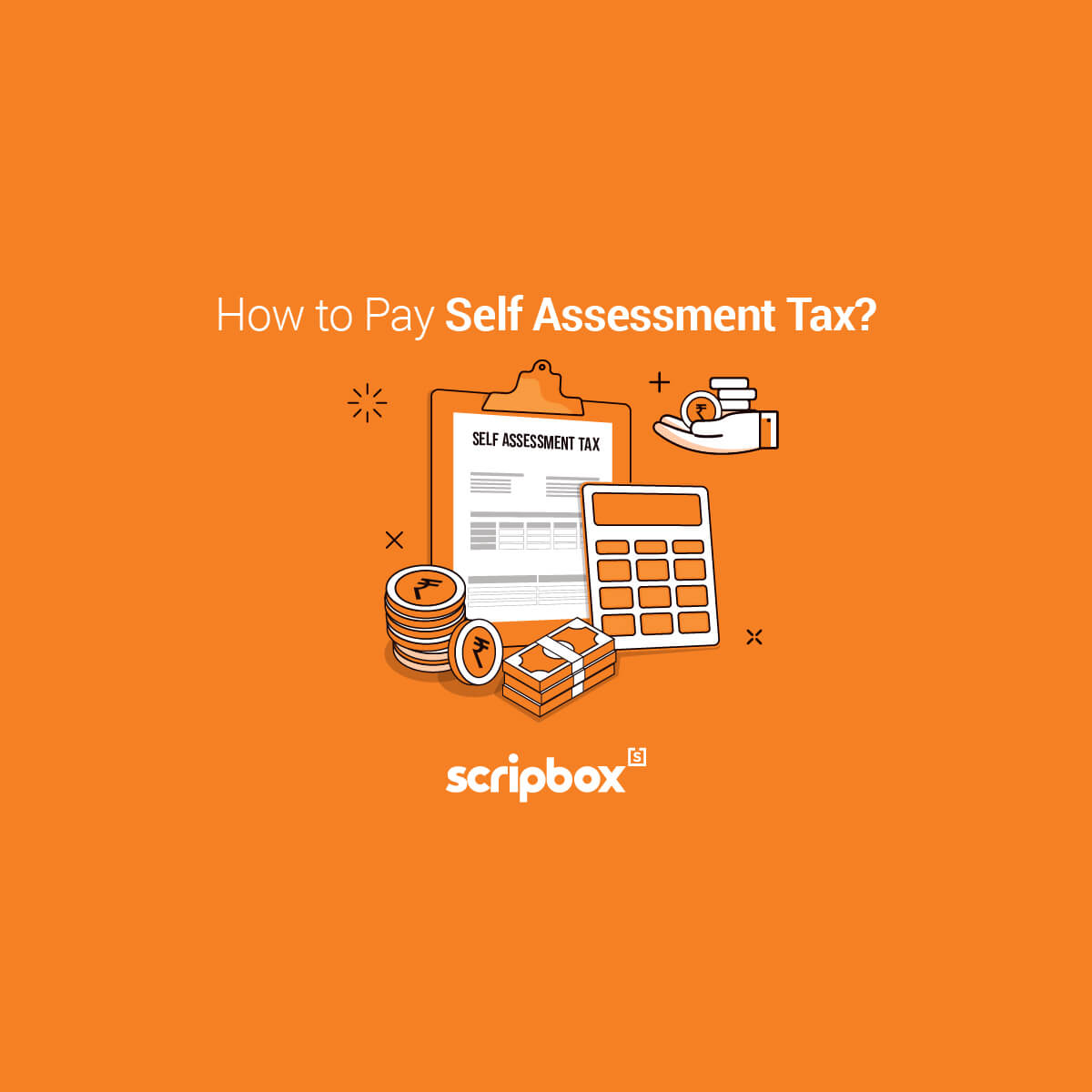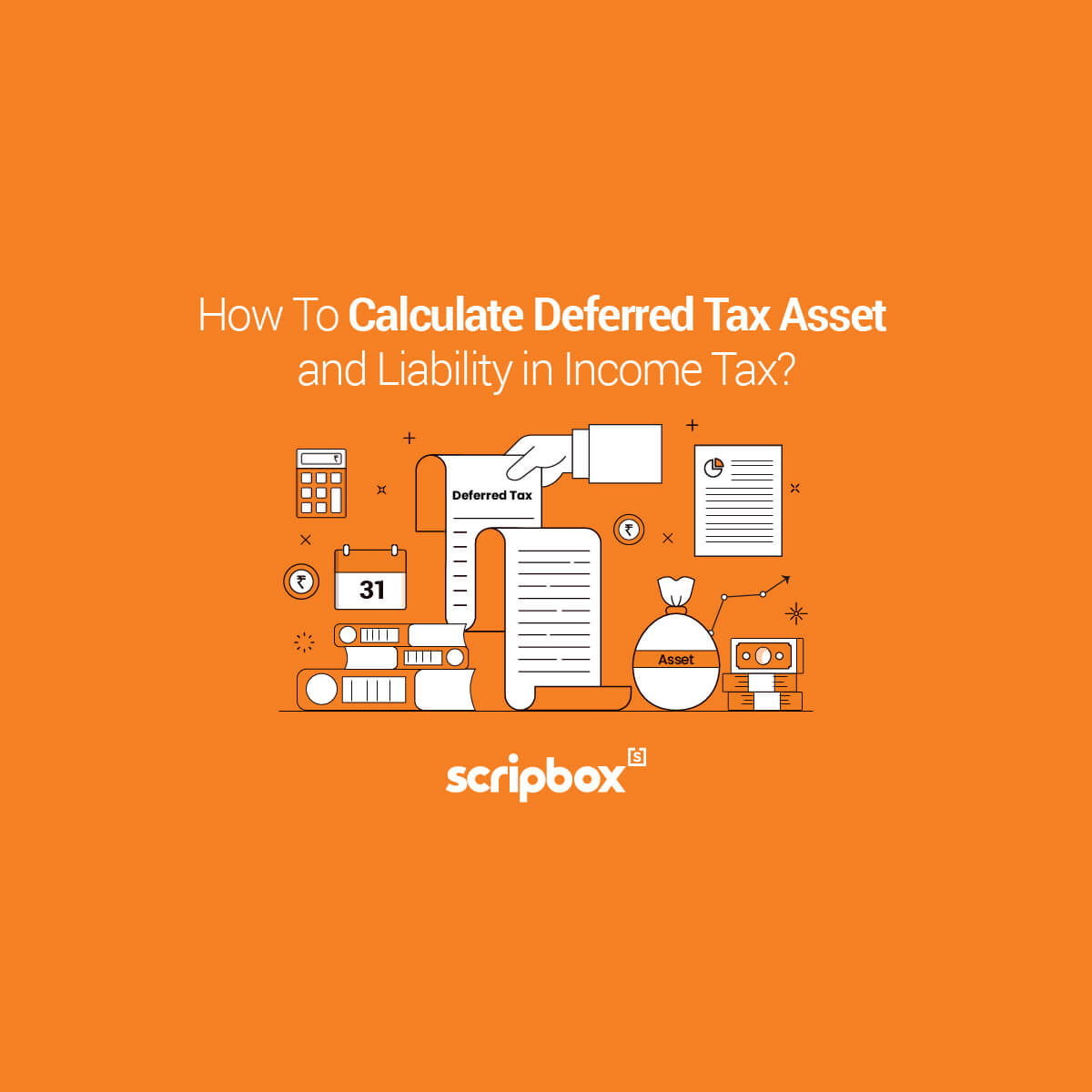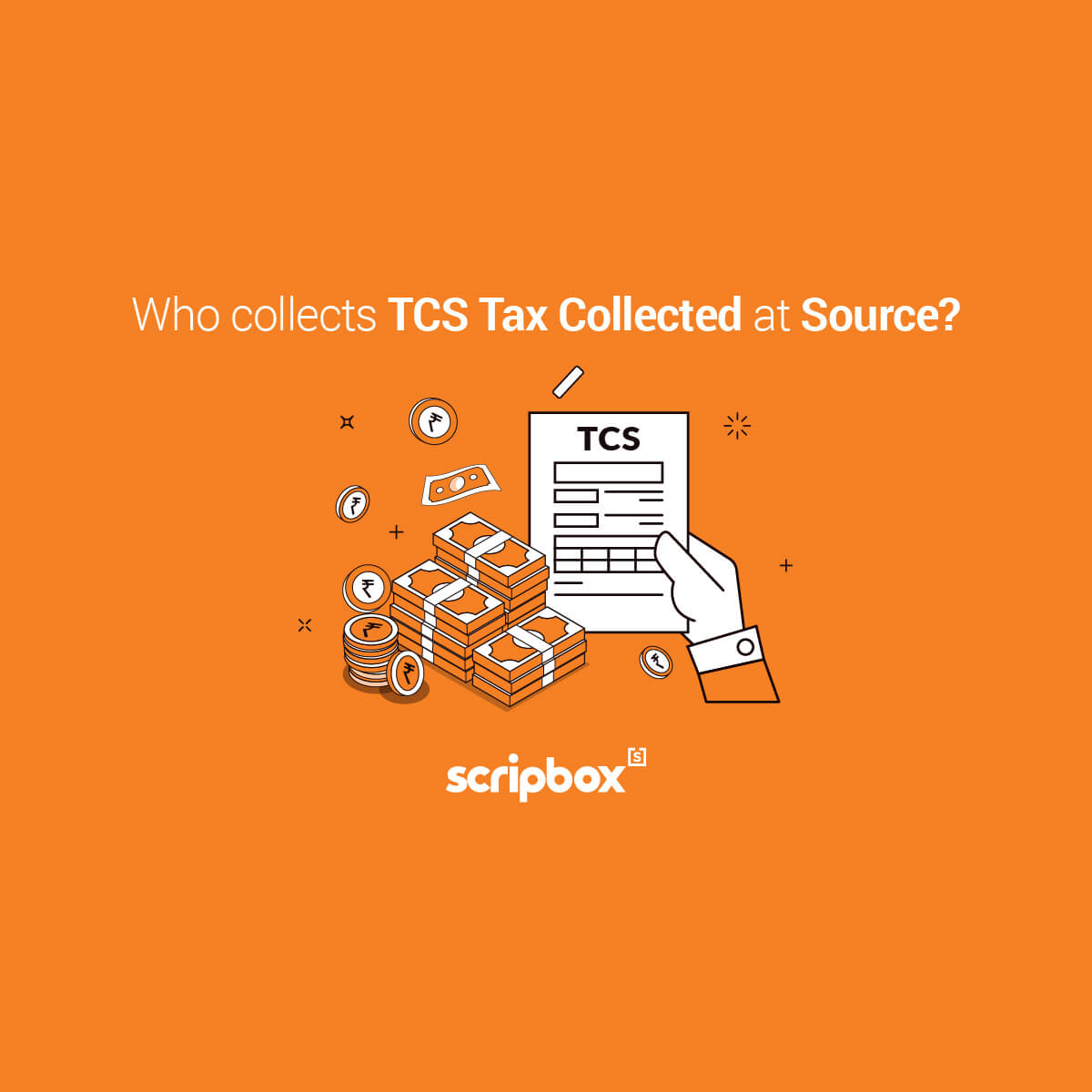The tax rebate u/s 87A allows a taxpayer to reduce his/her tax liability marginally depending on the net total income. In this article, we will cover the eligibility, steps to claim, points to keep in mind while claiming the rebate.
Income Tax Rebate u/s 87A Of Income Tax Act, 1961
Section 87A of the Income Tax Act was introduced in 2013 to provide relief to taxpayers. The Budget 2023 introduces tax rebate under new tax regime. Now tax relief is available under old tax regime as well as new tax regime
Old Tax Regime- It is available to resident individual taxpayers whose total income does not exceed Rs 5 lakh in the given financial year. The income tax rebate will be up to Rs 12,500 on the total tax liability before adding the health and education cess of 4%.
New Tax Regime- With effect from the FY 2023-24, a taxpayer can claim a tax rebate if the total income is less than Rs 7 lakh under the new tax regime.
Here, total income includes the tax deduction under Chapter VIA. The popular deductions under Chapter VIA for salaried taxpayers are deductions under sections 80C, 80D and 80E.
How to calculate income tax rebate?
The following is the step by step process to calculate the available amount u/s 87A.
- To calculate rebate, first add up income from all sources like salary, house rent, capital gains, income from other sources, etc. This is the total gross income.
- Now from the gross income, apply deductions under Chapter VIA of Income Tax Act, 1961. The amount after claiming all deductions is your net taxable income.
- Net taxable income is less than or equal to Rs. 5 lakhs under old tax regime or Rs 7 lakhs under new tax regime
- If the net taxable income is less than or equal to the limits, the individual is eligible to claim a rebate under section 87A.
- If the net taxable income exceeds Rs. 5 lakhs or Rs 7 lakhs, then the individual is not allowed to claim the rebate. They have to pay taxes as per the slab rate applicable during that financial year.
Let us understand with an example – Old Tax Regime
| Particulars (Rs.) | Mr. Arun (age less than 60 years) | Mr. Ajay (Senior Citizen) | Mr. Anil (age less than 60 years) |
| Gross Total Income | 6,80,000 | 6,10,000 | 6,40,000 |
| Deduction under Chapter VIA | 1,50,000 | 1,50,000 | 1,50,000 |
| Net Taxable Income | 5,30,000 | 460,000 | 4,90,000 |
| Tax Liability (before cess) | 18500 | 10,500 | 12,000 |
| Section 87A rebate | NIL | 10,500 | 12000 |
| Tax Payable | 18500 | Nil | NIL |
| Tax Paid During the Financial Year through: Advance tax or Self Assessment Tax or TDS deducted | 12000 | 5000 | NIL |
| Net Tax Payable/ (Refund) | 6500 Payable | (5000) Refund | No Refund No Payable |
| 4% cess Net Tax Payable | 260 | NIL | NIL |
| Total Liability | 6760 | NIL | NIL |
Frequently Asked Questions
No, only resident individual taxpayers can claim the income tax rebate. An NRI taxpayer is not allowed to claim an income tax rebate under Section 87A.
Only individual taxpayers are eligible for rebate under Section 87A. Other taxpayers like companies, partnership firms or Hindu Undivided Family (HUFs) cannot claim this tax rebate.
In order to claim the rebate, it is necessary to file income tax return. At the time of filing your income tax return, you can claim your tax rebate. After filing your ITR, you will be eligible to claim a refund as well in case you had paid taxes before claiming your tax rebate.
The tax rebate is available on the total tax liability calculated as per the income tax slab rate. This rebate is not applicable to the cess payable by a taxpayer. Hence, the rebate is before adding any surcharge or cess.
No, a taxpayer can claim an income tax rebate up to the tax liability only. For example- Mr. Akash has a tax liability of Rs 7,500 and the total income chargeable to tax is Rs 400,000. Mr. Akash is eligible for tax rebate. He can claim a rebate of Rs 7500 only and not Rs 12500. The tax rebate can never exceed the tax liability of the taxpayer.
Senior citizens between 60 years and 80 years of age can avail tax rebate under section 87A. Super senior citizens above 80 years are not eligible to claim tax rebate under section 87A. For FY 2020-21 and FY 2019-20, the eligibility to claim rebate under Section 87A is as follows: Should be a resident individual. And, After the deductions under chapter VI-A (Section 80C, 80D, etc.), the total income does not exceed INR 5,00,000 in a financial year.
Furthermore, the tax rebate is limited to INR 12,500. In other words, if the total tax payable in a financial year is less than INR 12,500, then one doesn’t have to pay any tax.
Yes, you can claim a tax rebate even if you opt for the new tax regime. The total income should be less than Rs 7 lakhs for the financial year.























Show comments